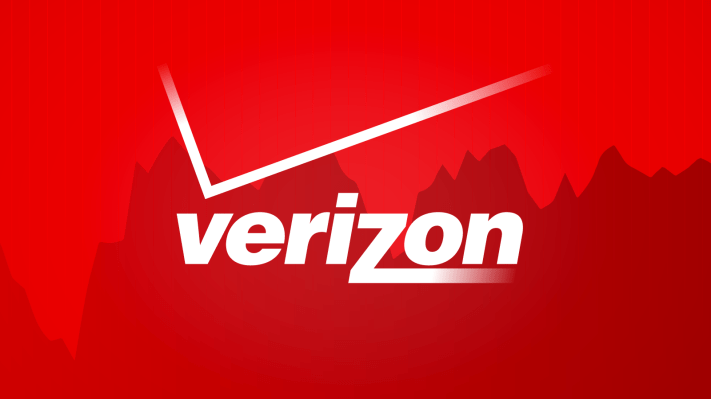Verizon is out $90 million after the FCC slapped it on the wrist for allowing, and profiting from ‘cramming,’ a mobile industry practice that sees recurring charges placed on consumer cell phone bills, without the full consent of the customer.
Also in the dock today is Sprint, who will pay $68 million over similar practices. The combined $158 million in restitution and fees announced today come after a $105 million ding to AT&T’s balance sheet over cramming issues. T-Mobile has also come to similar terms with the FCC.
FCC Chairman Tom Wheeler was blunt in a written comment: “For too long, consumers have been charged on their phone bills for things that they did not buy.” Wheeler went on to call the charges in question “fraudulent.”
As with the AT&T settlement, the bulk of the money that Verizon will have to disburse won’t go to the government. Instead, $70 million will be used to fund what the FCC calls “a consumer redress program.” $16 million is heading to state governments, while the federal government itself will pick up a piddling $4 million.
According to the FCC, Verizon collected 30 percent of crammed charges, while Sprint picked up a heftier 35 percent. In short, the companies were willing to allow their customers to be bilked as they were snagging a cut.
At the time of the AT&T settlement, TechCrunch noted the following:
It’s a good day for the consumer, given that at least one mobile bad practice has been successfully fined. Is cramming over? No. But it is a step in the right direction.
With today’s decisions, we’ve made a few more strides.
As part of the settlements, the mobile providers will “no longer offer commercial third-party PSMS charges,” “obtain informed consent from customers prior to allowing third-party charges,” and “clearly and conspicuously identify third-party charges on bills.” If you were surprised that such requirements were not already in place, I can’t help you.
Author’s note: Apparently Verizon wants to buy AOL, TechCrunch’s parent company. I’ve decided to not give a fuck.
